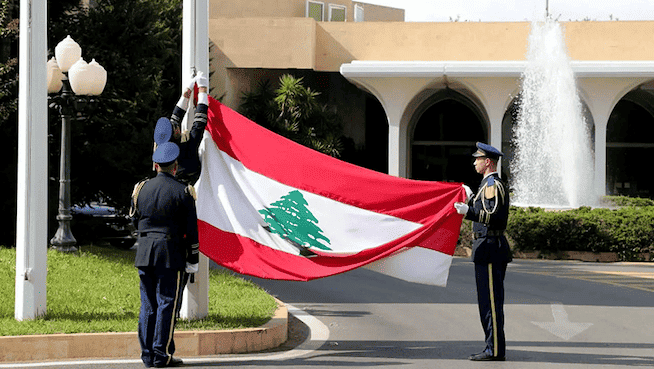|
إستماع
Getting your Trinity Audio player ready...
|
Lebanon’s next president could be elected by a significant majority, though not unanimously. Take Joseph Aoun, the army’s commander-in-chief. With the (unfortunately) necessary backing of the US and Saudi Arabia, he would likely secure support from all Christian MPs, except those from the Aoun Movement, and Hezbollah. Amal, as usual, will follow the prevailing winds. However, Iranian proxies and Assad allies, excluding Franjieh, would not vote for him.
Even without Amal’s votes, Aoun could still win. Amal would then face numerous contenders from Shia traditional and modern currents in the next election, and the South’s reconstruction would proceed without their interference. That might be a good and Godsent outcome, if you think about it. For this president’s mandate to have true meaning, he should be supported by all those opposed to Iran and the Syrian regime.
This isn’t about vengeance or defiance, or as the Lebanese say, a project for civil war. If Shia MPs don’t vote for the president, it doesn’t mean they’re on a collision course with him. It simply means they’ve used undemocratic means on behalf of Iran (in a futile and devastating war) and lost, and exercised their democratic right to vote on behalf of Iran and lost.
Lebanon prides itself on its democratic regime, republican principles, and separation of powers. Now, it’s time to prove it at the ballot box. Vote, and whoever garners the majority will be elected. Those who vote differently will have exercised their democratic right, respected the rule of law, complied with the constitution, and lost. That’s democracy.
Why should a president secure votes before the election begins? That would be a selection, not an election, or a pre-packaged, rigged one. Voting should reflect one’s views, opinions, and political beliefs, not a forced consensus.
Educating the populace on these principles should be the first lesson of 2025. From this, many teachings can be applied to all other elections in this struggling Republic.
A president elected by a majority, not a national consensus, is not a lesser president. They represent all of Lebanon, bound to protect the state, respect the constitution, and apply the rule of law equally. After the election, they become the president of all Lebanon, not just a few parties or one community. Those who didn’t vote for them must be especially protected as the opposing minority, respecting their belief in the democratic process.
Those who care about Lebanon or its constitution should respect the process, not the candidate, and engage in democracy regardless of the outcome.

